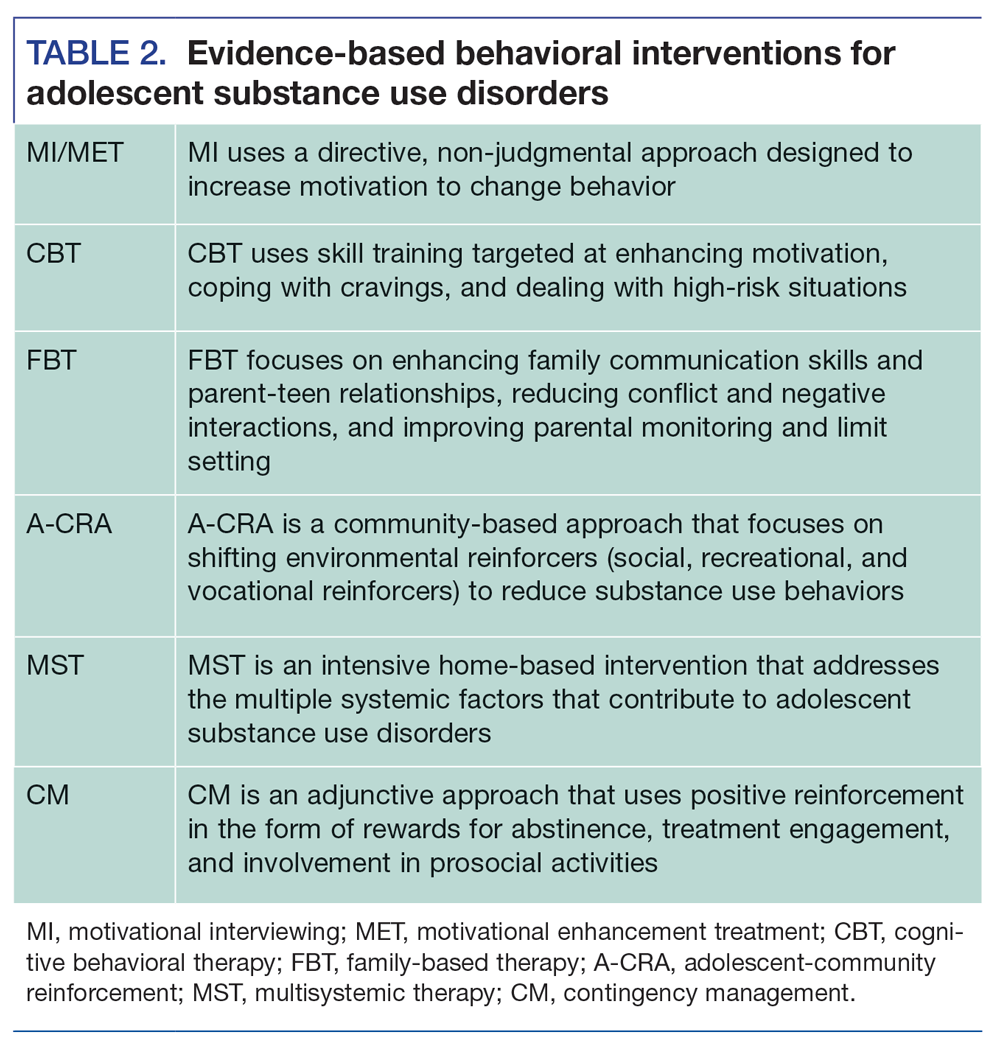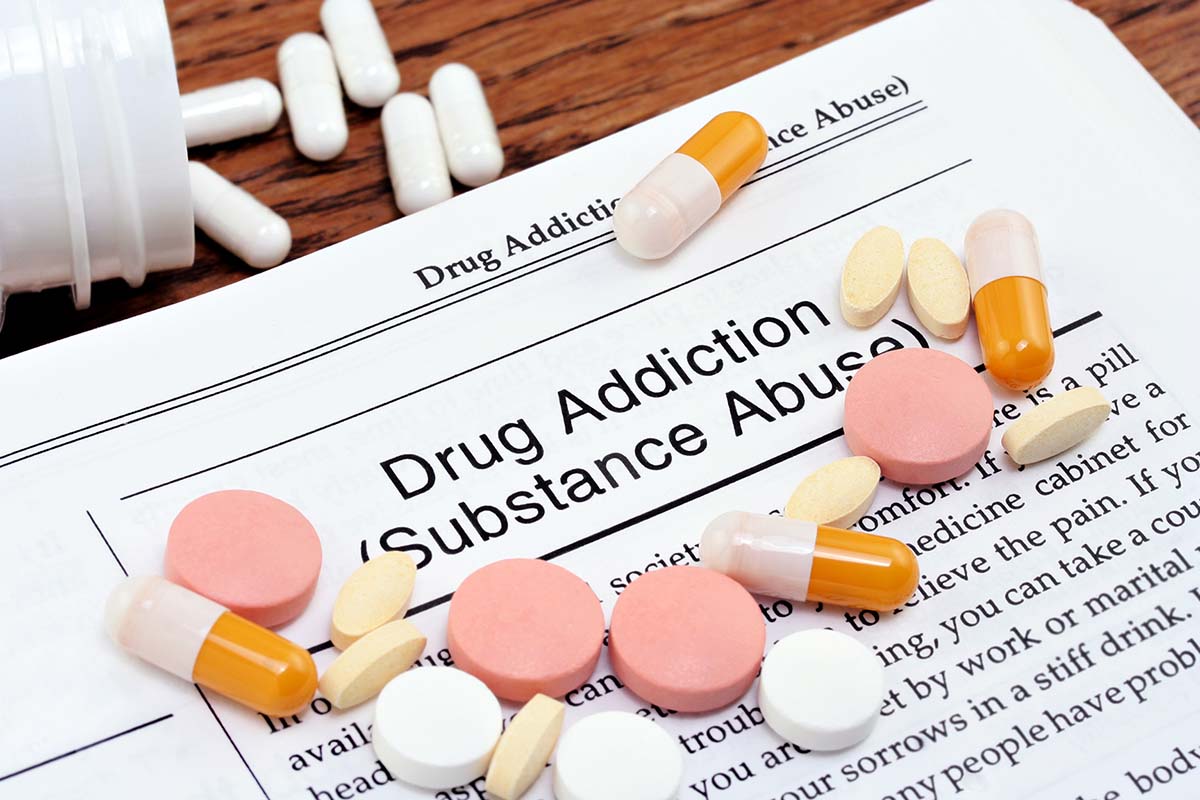Comprehensive Overview to Chemical Abuse Therapy: Recognizing, Methods, and Long-term Recovery
Drug abuse refers to the unsafe or harmful use of psychoactive compounds, including alcohol and immoral medicines. It is not just an issue of willpower or poor decision-making-- it's a complicated condition influenced by biological, mental, and social factors. Individuals dealing with chemical abuse typically experience uncontrollable drug-seeking behaviors despite adverse effects in their individual, specialist, and social lives. With time, these materials can modify mind function, impair judgment, and create psychological and physical dependency. Understanding the nature important Abuse is the very first step towards resolving it successfully.
The root causes of chemical abuse are diverse. Genetics, psychological health and wellness problems, environmental pressures, trauma, and exposure to compounds at a very early age can all add to the growth of dependency. It is typically interlinked with conditions such as depression, anxiousness, or trauma (PTSD) For numerous individuals, medicines and alcohol end up being coping mechanisms-- devices to get away psychological discomfort or anxiety. However, this short-lived relief swiftly paves the way to long-lasting consequences, as resistance develops and the individual requires more of the Substance to accomplish the same effect.
Identifying the signs of Substance Abuse early on can avoid the problem from intensifying. Common indication consist of adjustments in behavior, forget of responsibilities, withdrawal from liked ones, economic problems, and physical signs such as weight loss, tiredness, or inadequate hygiene. When left without treatment, Substance Abuse can result in extreme wellness complications, damaged relationships, and even sudden death. Early intervention and access to treatment are crucial for people having a hard time with dependency.
The Importance of Looking For Drug Abuse Therapy
Seeking expert treatment for Substance Abuse is one of the most essential decisions an individual can produce their health and wellness and future - substance abuse treatment Morris County. Dependency is not something that can be gotten over by willpower alone-- it requires organized treatment, assistance, and consistent support. Treatment programs are created to attend to both the physical dependancy and the underlying psychological or mental issues that drive habit forming actions. Without treatment, the cycle of relapse and self-destruction often proceeds, placing the individual's life and well-being in jeopardy
The relevance of expert therapy depends on its capacity to supply a secure and regulated environment for recovery. Throughout detoxification, physician aid individuals handle withdrawal signs that can be possibly dangerous and unpleasant. After treatment, detoxification and therapy sessions permit individuals to confront the origin causes of their dependency, establish dealing skills, and restore their sense of self-regard. Treatment likewise helps re-establish healthy and balanced routines, structure, and responsibility-- every one of which are important for long-lasting recovery.
Beyond the emotional and physical elements, Substance Abuse therapy plays a substantial duty in recovering partnerships and social functioning. Dependency often results in busted count on, seclusion, and stressed family dynamics. With family members therapy and team sessions, people can restore interaction and reconnect with loved ones. By involving member of the family in the recuperation process, treatment programs enhance the assistance network necessary for maintaining soberness. Essentially, looking for treatment is not simply regarding stopping drugs or alcohol-- it has to do with recovering one's life and creating a structure for a much healthier, extra fulfilling future.
Kinds Of Drug Abuse Treatment Programs
There is no one-size-fits-all approach to dealing with addiction. Each person's journey is one-of-a-kind, therefore are their therapy needs. Substance Abuse treatment programs can be categorized into numerous types, varying from inpatient rehab to outpatient counseling and all natural treatment. The option of treatment relies on aspects such as the intensity of addiction, the visibility of co-occurring mental health problems, and the individual's way of living and support group.
Inpatient or Residential Treatment gives an extremely organized setting where clients reside in a treatment center for a particular period, generally between 30 and 90 days. This kind of program uses day-and-night clinical supervision and extensive therapy sessions. It's ideal for people with extreme addictions or those that have fallen back several times. Inpatient treatment removes the person from daily triggers and lures, allowing them to concentrate entirely on recuperation. Therapies may include cognitive-behavioral treatment (CBT), dialectical actions treatment (DBT), and team counseling, all aimed at assisting people comprehend and handle their addiction.
Outpatient Therapy Programs offer more versatility, allowing people to proceed with their day-to-day responsibilities while attending arranged treatment sessions. This strategy is typically suitable for people with mild to modest addictions or as a step-down phase after completing inpatient rehabilitation. Outpatient programs stress responsibility and lasting relapse avoidance approaches. They might consist of specific therapy, medication-assisted treatment (FLOOR COVERING), and support system such as Narcotics Anonymous (NA) or Twelve Step Programs (AA)
Along with these, different and alternative therapies are coming to be progressively preferred. These programs resolve the body, spirit, and mind link by including techniques such as yoga exercise, reflection, art therapy, and dietary counseling. Numerous centers additionally supply dual-diagnosis therapy for those handling both addiction and mental health problems. This comprehensive strategy makes certain that the person receives well-rounded treatment that promotes healing on numerous degrees.
The Benefits important Abuse Therapy
The advantages of going through chemical abuse therapy prolong far beyond avoiding drugs or alcohol. Among the most prompt benefits is enhanced physical health. Long-lasting drug abuse takes a toll on the body, affecting vital organs more such as the liver, heart, and mind. Via detoxing and healthcare, the body begins to fix itself, causing much better energy levels, improved rest, and a more powerful immune system. Nourishment and fitness programs within rehabilitation centers even more boost physical recovery.
Psychological and emotional wellness benefits are just as considerable. Dependency commonly masks underlying emotional concerns that need to be addressed. Throughout therapy, clients access to qualified specialists and counselors that help them browse sensations of pity, regret, or injury. By creating psychological recognition and resilience, individuals find out much healthier ways to take care of stress and sets off. Cognitive-behavioral treatment (CBT) and other evidence-based strategies encourage patients to alter negative thought patterns that add to relapse.

Evidence-Based Methods in Modern Dependency Therapy
Today's drug abuse treatment techniques are based in scientific research study and scientific method. Evidence-based therapies make certain that people obtain interventions verified to be efficient. Among one of the most widely utilized approaches is Cognitive-Behavioral Therapy (CBT), which aids people transform and recognize thought patterns that bring about Substance use. By understanding the connection in between feelings, actions, and thoughts, individuals can find out to manage triggers in healthier means - rehab near Chester NJ. CBT is frequently integrated with various other therapies to deal with co-occurring problems such as depression or anxiousness
One more efficient method is Medication-Assisted Therapy (FLOOR COVERING), particularly for opioid and alcoholism. MAT utilizes FDA-approved medications such as methadone, buprenorphine, or naltrexone to decrease yearnings and withdrawal symptoms. When incorporated with therapy and behavior modification, floor covering dramatically enhances therapy retention and minimizes relapse prices. It allows patients to support their lives while concentrating on mental recuperation and restoring connections.
Group and family members treatment are additionally important parts of evidence-based treatment. Group sessions create a room for individuals to share their tales and acquire insights from others in healing. Family members treatment, on the various other hand, addresses the relational damages brought on by addiction. It assists loved ones recognize the nature of the illness and outfits them with tools to supply assistance while establishing healthy and balanced borders. These cumulative restorative methods strengthen the healing process and promote long-lasting healing.
Building a Life After Therapy: Maintaining Long-Term Recuperation
Recovery doesn't end after finishing a therapy program-- it's a lifelong trip that needs dedication, discipline, and continuous support. Transitioning back to everyday life can be difficult, as individuals are confronted with triggers, stress factors, and obligations that can test their soberness. This is where aftercare programs play an essential duty. Aftercare might include continuous treatment, peer support system, sober living setups, and relapse prevention preparation. The goal is to help individuals maintain the development they've made and prevent sliding back right into old patterns.
Developing a brand-new way of living fixated health and objective is necessary for long-term success. Lots of people discover gratification by going after leisure activities, fitness routines, education, or volunteer work. Constructing an organized everyday regimen aids stop monotony-- a typical trigger for regression. Reconnecting with household, repairing partnerships, and bordering oneself with positive influences additionally enhances a healthy way of life. It's also vital to recognize that click troubles can happen, however they do not specify the individual's trip. What issues most is the willingness to seek help and proceed progressing.
Ultimately, continual recovery is about why not try this out transformation-- physically, emotionally, and mentally. It entails redefining one's identification and searching for definition beyond addiction. People that dedicate to long-lasting recovery usually become supporters, coaches, or assistance figures for others fighting with drug abuse. Their tales of strength function as powerful reminders that healing is feasible. With the appropriate treatment, assistance, and way of thinking, any person can conquer dependency and develop a fulfilling, substance-free life.
Final thought: A Path Toward Recovery and Hope

Seeking specialist treatment for Substance Abuse is one of the most essential choices a person can make for their health and wellness and future. Beyond the physical and psychological aspects, Substance Abuse therapy plays a significant function in recovering relationships and social performance. Substance Abuse treatment programs can be categorized right into several types, varying from inpatient rehab to outpatient therapy and all natural care. Inpatient or Residential Therapy gives a highly organized environment where clients live in a therapy center for a certain duration, usually between 30 and 90 days. The advantages of undergoing Substance Abuse treatment expand much past staying away from medications or alcohol.